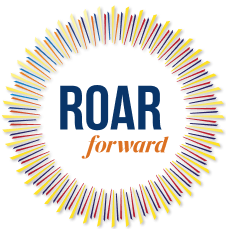In general, the idea that we need less sleep as we age is a myth. As we age we need as much sleep as younger adults, although sleep patterns may change. Most of us are not, for example, pulling all nighters or dancing at night clubs until midnight and sleeping until eight. We are going to bed earlier and getting up earlier. But if you imagineers want to hit the clubs, by all means, just ensure you get some sleep afterward.
Here are five things you should know about sleep as you age:
- Sleep Deprivation may mimic symptoms of chronic disease. I can’t tell you how many people have been sent to me for undiagnosable symptoms – headache, dizziness, depression, even weird aches and pains, etc. After a long million dollar work up, I figured out it was sleep deprivation!
- Similarly, sleep deprivation can cause chronic illness. On a monthly basis, good scientific articles are published that show sleep deprivation and insomnia as risk factors for bad diseases. The most recent sequelae: the heart rhythm problem, atrial fibrillation and dementia. Also some studies are showing early mortality associated with sleep deprivation and insomnia. If this does motivate you to get some rest, I don’t know how to further convince you.
- Beware of over the counter as well as “natural” sleep remedies. I won’t belabor the bad stuff associated with chronic medication use for sleep: dependence, grogginess, etc. But I see lots of problems as people age with the stuff you don’t need a prescription for. Many pills with familiar brands and the modifier “PM” or “Nighttime” include antihistamines that can cause dry mouth, exacerbate prostate problems, or just confusion. Many natural remedies have doses of substances that are too high (e.g. melatonin).
- The key to good sleep is structure not medication, here are a few pointers:
– Go to bed at the same time each night in a dark room with your cell phone off
– Perhaps take a warm bath
– Read an actual book, not an ebook (how quaint!)
– Wake up at the same time each morning and get out of your pajamas asap
– Do not eat late or drink caffeinated beverages late in the day - One final point: One of the most evidence based treatments in all of mental health is a cognitive behavioral program called CBT-I. Take a look.
It uses non-drug cognition and behavioral skills to treat insomnia (thus CBT-I). It can be taught to you by a trained person in just a few sessions, and there are now even Apps that teach it.
Good night!
Dr. Mark Lachs is a Professor of Medicine at Weill Cornell Medicine, Director of Geriatrics for the New York Presbyterian Health Care System and author of Treat Me Not My Age.

